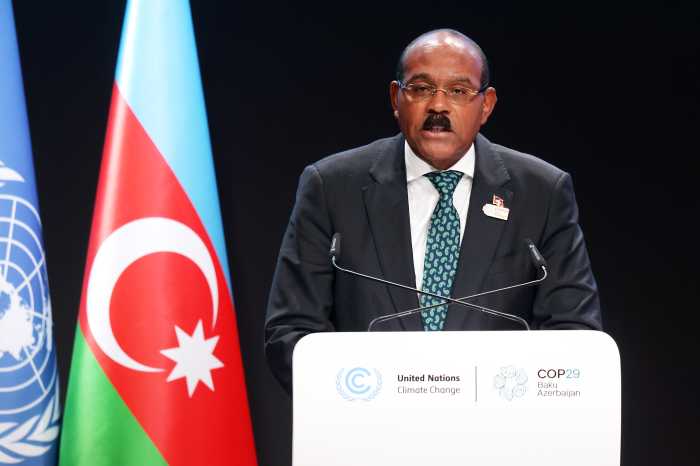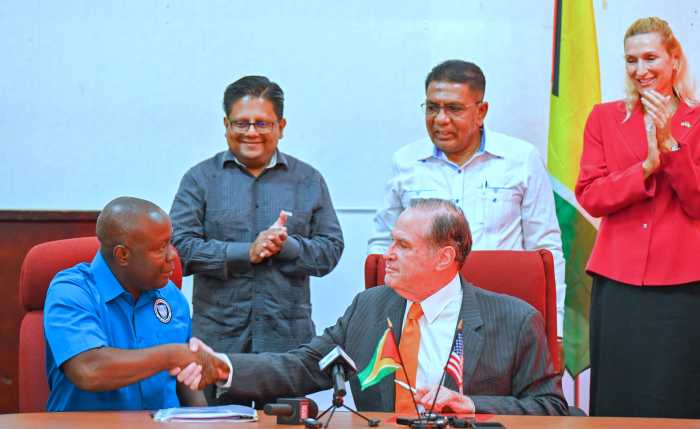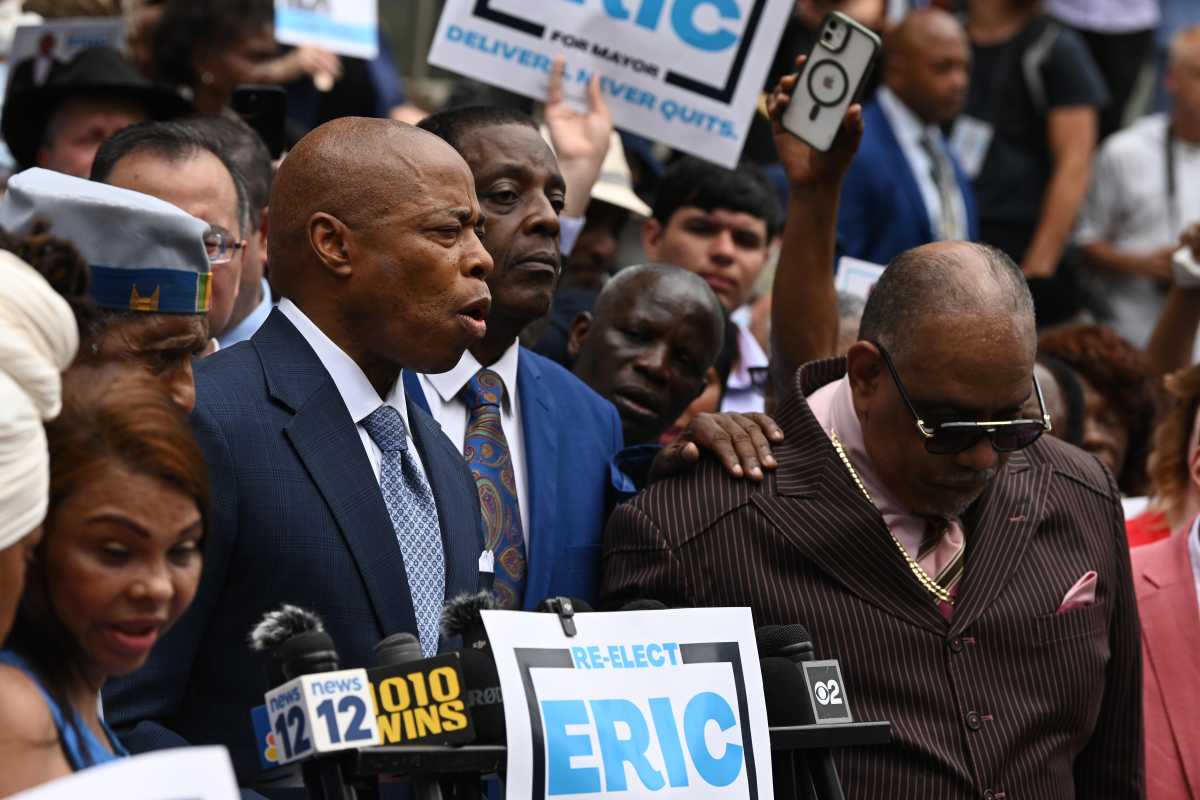A bill to liberalize Guyana’s telecommunications sector and to break a decades old monopoly held by an American company has been sent to a special committee of parliament, even as opposition legislators boycotted the sitting.
Government legislators said they are sending the Telecommunications Bill 2011 to the special committee to give interested stakeholders time to make comments and to suggest amendments before the sector is thrown wide open to competition and before American-owned Guyana Telephone and Telegraph Company loses its 20-year monopoly on international calls and data services.
Stakeholders have until Aug. 17 to send in comments or amendments, and thereafter government will reintroduce the bill and pass it in the 65-seat house in the first week in September.
Nearly 30 opposition legislators led by the main opposition People’s National Congress are boycotting the session because parliament should have been dissolved to make way for general elections due by the end of December.
They have accused government of using its simple majority to extend the life of the house to allow it to bring bills like the controversial Freedom of Information Act, which gives the information minister wide-ranging powers over the media, including the revocation of licenses if authorities disagree with broadcast content.
The bill has been widely criticized by opposition and rights groups, as well as the umbrella Guyana Press Association and the Trinidad-based Association of Caribbean Media Workers (ACM). They both call it oppressive and say that the powers of a minister to determine what content is good and what is not are unprecedented in this part of the world.
Government has denied it wants parliament to remain in session for its own selfish reasons, contending that it wants to get these important pieces out of the way before general elections are called.
Speaking in parliament to his own friends and colleagues, as opposition benches remained empty, Hinds said that a clause will allow several telecom companies now operating in the South American nation to be granted automatic licenses without applying, including Irish-owned, Jamaica-based Digicel which has a mobile presence in most of the Caribbean trade bloc countries.
Digicel has complained that not having its own international license means it has to charge higher rates because calls have to be routed through its competitor with its monopoly that was granted back in 1991.
“We believe that as both GT&T and Digicel have thrived with an open competitive mobile cellular system, all the participants in an open international connectivity system will also be able to thrive,” Hinds said. “Our aim is to create a regime that would be good for Guyana and Guyanese and also … fair and even-handed in dealing with all the participants in the telecoms sector.”



























